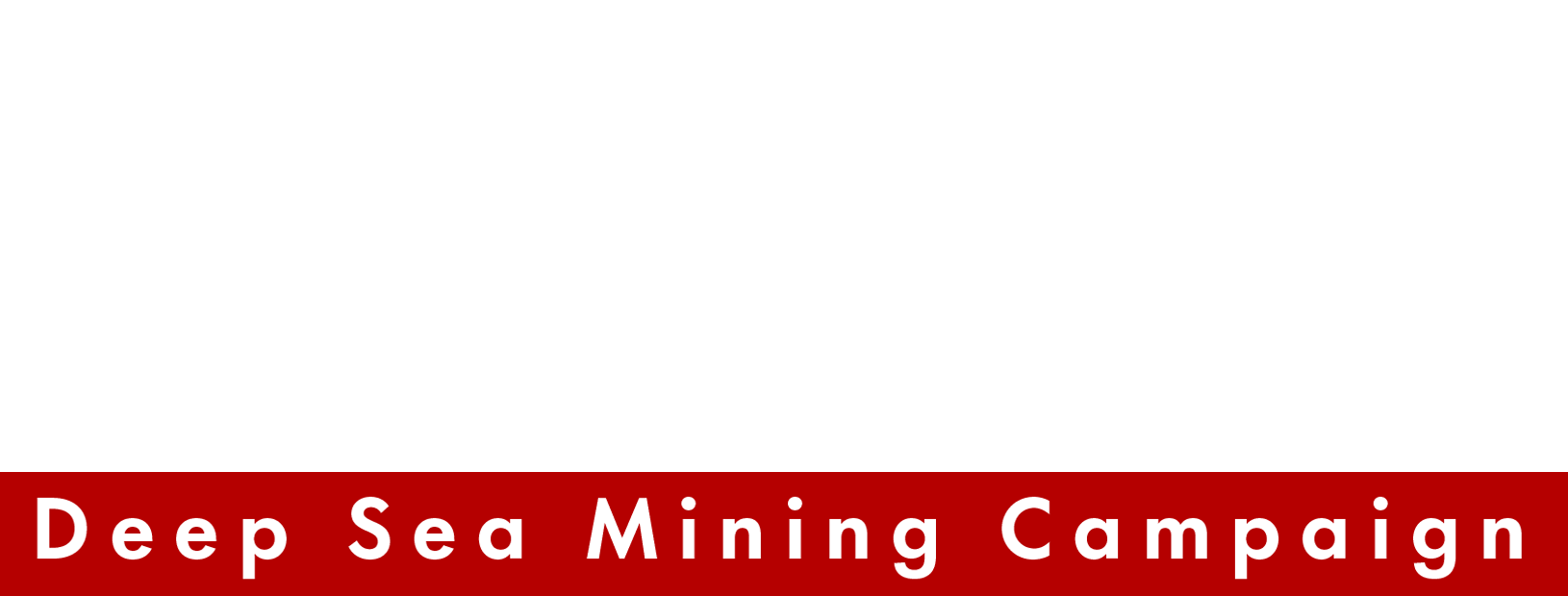
MEDIA RELEASE
Wednesday 14 December 2016
Seabed mining in PNG: environmental experiment,
false hope of economic returns
Nautilus Minerals pedalled false hope for experimental seabed mining at the PNG Petroleum and Mining Conference in Sydney. NGOs and civil society in PNG raise serious doubt about the commercial and environmental viability of the Solwara 1 seabed mining project.
Natalie Lowrey, Deep Sea Mining campaign said, “Despite securing bridge financing with its two biggest shareholders to continue the Solwara 1 project, Nautilus faces significant technological and financial uncertainties. They are yet to demonstrate that seafloor resource development is commercially viable and environmentally sustainable.”
“The Nautilus Annual Information Form for the Fiscal Year ending 2015 highlights the potential for equipment damage, mechanical failure and operational failure and it warns that the projected yields and costs for Solwara 1 should be viewed with a low level of confidence.”
According to the Form’s section on risk factors, Nautilus has not completed and does not intend to complete a preliminary economic assessment, pre-feasibility study or feasibility study before embarking on mining at the Solwara 1 Site. The Form also acknowledges that the impact of any seabed mining operation on the environment will only be determined by monitoring after Solwara 1 has been developed.
“This does nothing to reassure local communities. The proposed Solwara 1 site is right in the middle of our fishing grounds and ocean currents operating at the Solwara 1 site would bring pollutants to our shores,” stated Jonathan Mesulum, from the PNG Alliance of Solwara Warriors.
Christina Tony, from the Bismarck Ramu Group in PNG said, “These admissions formally confirm what community members and activists have asserted for some time, that Nautilus and the PNG Government are using the Bismarck Sea as their testing ground and that Solwara 1 is indeed Experimental Sea Bed Mining”
“The business case for Solwara 1 is extremely weak and is a huge risk for the PNG government. It will not generate revenue, employment or business opportunities for the local communities whose lives and livelihoods depend on the ocean. Our former prime minister and Governor of New Ireland province, Sir Julius Chan, cast his doubts about experimental seabed mining as a serious environmental risk for our seas which are the gardens for our people.”
The Parties to the Nauru Agreement (PNA), who control the world’s largest sustainable tuna purse seine fishery, have warned this week that without caution and adherence to the precautionary principle sea bed mining will go down the same track as the tuna fishery- foreign companies over exploiting Pacific Island resources with no tangible benefits delivered to local populations. The National Fisheries Authority in PNG has also expressed its concerns over seabed mining in the country.
FOR MORE INFO:
Papua New Guinea: Christina Tony, chrisamoka20[at]gmail.com +675 70942439
Papua New Guinea: Jonathan Mesulam, mesulamjonathan[at]gmail.com +675 70038933
Australia: Natalie Lowrey, natalie.lowrey[at]gmail.com +61 421 226 200

Recent Comments